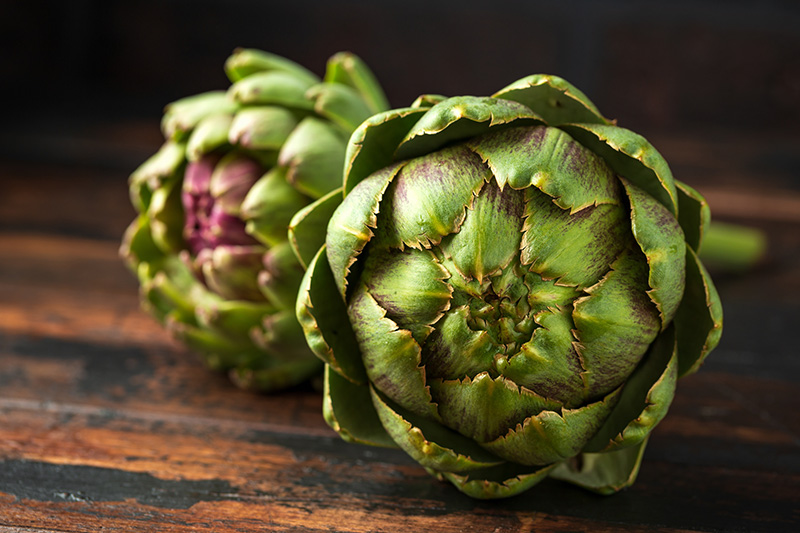It's easy to get answers about health and nutrition! Just send your question by email to [email protected] and Dr. Harlan will respond to selected questions of general interest. Answers will be posted in the Ask Dr. Gourmet newsletter (sign up now!) and archived in the Ask Dr. Gourmet section of the website.
Please note that the Ask Dr. Gourmet feature is restricted to questions regarding food and nutrition. Due to the many questions we receive, not all questions may be answered. For more specific questions about your individual health, please contact your doctor. About Timothy S. Harlan, MD, FACP, CCMS | Terms of Use | Privacy Policy
Ask Dr. Gourmet
Are there foods that will affect A-fib or the prostate?
Will certain foods or beverages affect irregular heart beats (i.e., A-Flutter or A-Fib) or the prostate? What are good food choices for an enlarged prostate?
Dr. Gourmet Says...

There has been some evidence that magnesium levels might have an influence on heart rhythm, but there's no clear evidence that I have seen to indicate any particular food will help control atrial fibrillation or atrial flutter. Here's a list of magnesium levels in foods.
There's not much evidence on using diet to treat an enlarged prostate. We know that men who eat a diet high in fruits and vegetables have a lower risk of having Benign Prostatic Hypertrophy (BPH). A study published in The American Journal of Clinical Nutrition (2007;85(2):523-9) of over 24,000 men showed that a diet rich in vegetables may reduce the occurrence of BPH. This was not a study using nutrition and diet to treat BPH but simply one looking at whether a healthy diet might have an effect.
There is some secondary evidence that a low fat and low glycemic index diet can have an effect on the genes that are linked to prostate cancer. This was a very small study and certainly requires much more research. Some research indicates that a Mediterranean style diet can prevent BPH. Moderate alcohol might also be protective. Likewise, we know that obesity is a clear risk factor as well.
Thanks for writing,
Timothy S. Harlan, MD, FACP, CCMS
Dr. Gourmet
